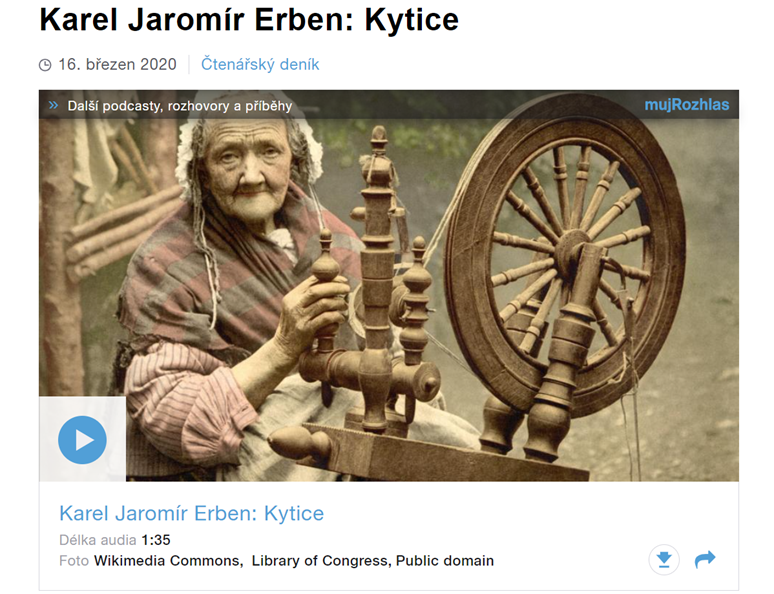Commercial media are oriented towards financial gain, and they have to make money on things like advertisements. Public media, on the other hand, are simply those that are paid for by taxes and are linked to certain requirements. Both types of media are naturally limited by the law; however, public media are required to adhere to specific responsibilities.
Why is it worth paying for and watching public media?
Czech Radio and Czech Television are tasked with creating a counterbalance to commercial media.
This means, for example:
- broadcasting free and independent programs,
- creating a space for public discussion,
- providing impartial and independent information and reporting,
- creating a pluralistic and diverse program offer,
- contributing to society’s understanding of the diversity of philosophical positions and religious faith,
- contributing to the knowledge of culture and cultural heritage,
- finally, using things like formal language.
How does this work in practice?
For example, Czech Television makes films on the “Czech century” in cooperation with the Institute for the Study of Totalitarian Regimes. The Historie.cs program on Czech Television, for example, is a veritable history book. Czech Radio operates the Wave station especially for young people, and has a station for broadcasting in various languages. Czech Radio also airs the religious services of various churches and can also be used to listen to many audiobooks from its reader’s diary or reading series.

Ve čtenářském deníku Českého rozhlasu je nahraná například i Kytice od Karla Jaromíra Erbena. Můžete si ji poslechnou a v článku přečíst zajímavé informace o této sbírce. Zdroj: Český rozhlas - Čtenářský deník - Karel Jaromír Erben: Kytice. Autor screenshotu: KISK.